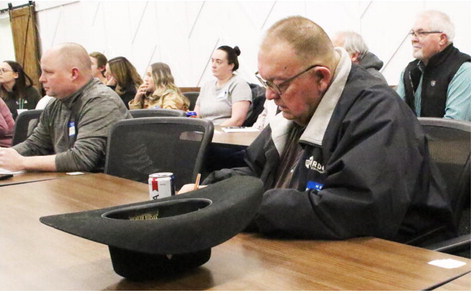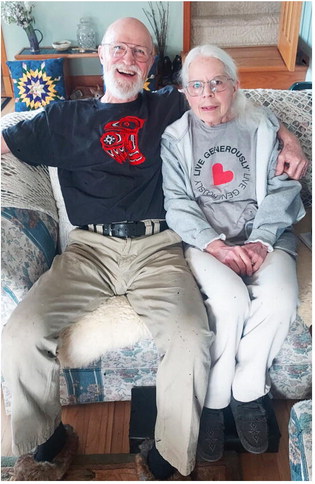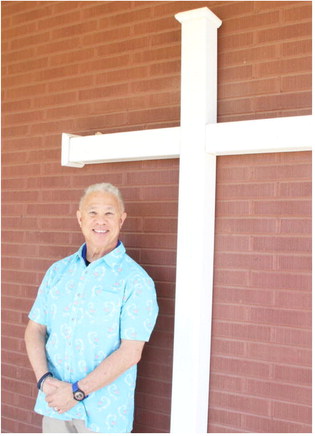Reimagining Rural Campaign Seminars Take Off In Wolf Point


The first session of the Reimagining Rural seminars presented by MSU Extension Community Vitality and the Montana Community Foundation took place in 14 Montana communities including Wolf Point on Tuesday, Feb. 4.
MSU Extension specialists Jennifer Anderson and Tara Mastel conducted the online meetings. The third seminar is scheduled for Tuesday, Feb. 18, at 6 p.m. at the GNDC building.
Goals of the program include Inspire rural people to reimagine their community; Embrace different perspectives, individuals and ideas; Connect through shared hopes, dreams and experiences; and Create positive change, your community is worth it.
The meeting in Wolf Point featured about 45 participants, who came out despite extreme cold temperatures to express their interest in the community’s future. The turnout included Wolf Point Mayor Chris Dschaak, former county commissioner Gary Mcdonald, school superintendent Dr. David Perkins and several Chamber of Commerce board members.
“I’m impressed by the turnout,” council member Dean Mahlum said at the meeting. “The people still care about the community.”
Mastel shared trends in rural Montana. Mastel explained some challenges that are happening around the world are especially impacting small towns’ households. A trend is people move more frequency, about 49 percent move every five years.
There has been a 31 decrease in family size since 1940. That translates into a town’s population decreasing by that percentage. A global trend is that visuals such as social media dominate people’s attention and online shopping keeps increasing.
Mastel said Extension officials have found that the most done in small towns happen when volunteers work together. A challenge is that Montana has the second highest leadership demand in the United States, ranking ahead of only North Dakota. One of 13 individuals in Montana need to hold volunteer leadership position in order to reach the demand. “People do care about your town, they are just stressed thin,” she said.
Positive news is more people want to make the move to smaller towns, especially people in their 30s and 40s. The top five reasons reported for moving in Montana include better access to outdoors, a less congested place to live, a slower pace of life, smaller communities and a safer place to live.
Only 34 percent of the people moving to Montana have lived in the state before. About 35 percent moved primarily for a job. About 78 percent of incomes more than $50,000.
Mastel noted that newcomers love your town for what it is now. She suggested to remember the past, but don’t let it rob your future.
What can residents do to improve the community? Mastel suggested being open to new ideas, protecting the dreamers and looking for new faces in the town.
Extension officials noted that local government support is important and that everybody needs to work together for success.
After the presentations, local residents split into small groups to brainstorm approaches and discuss how to boost community pride.


